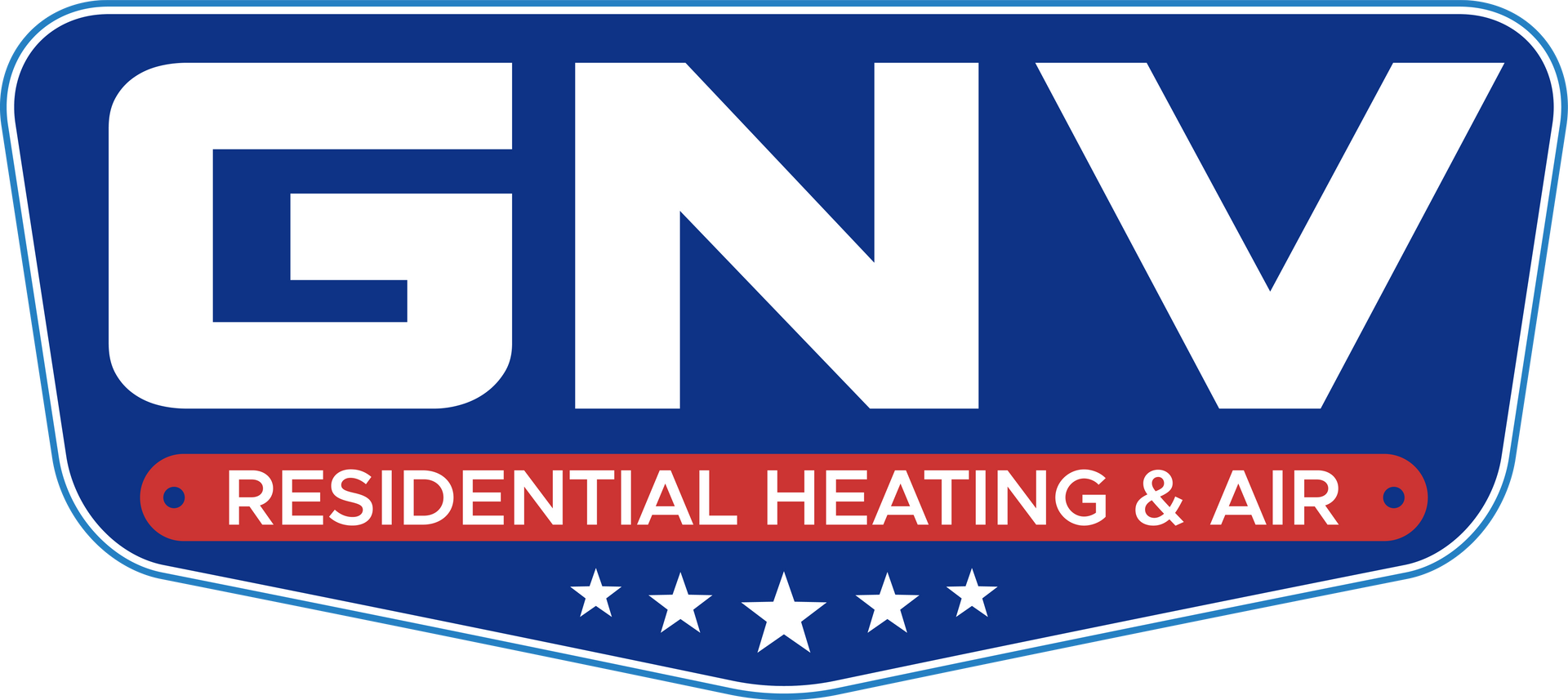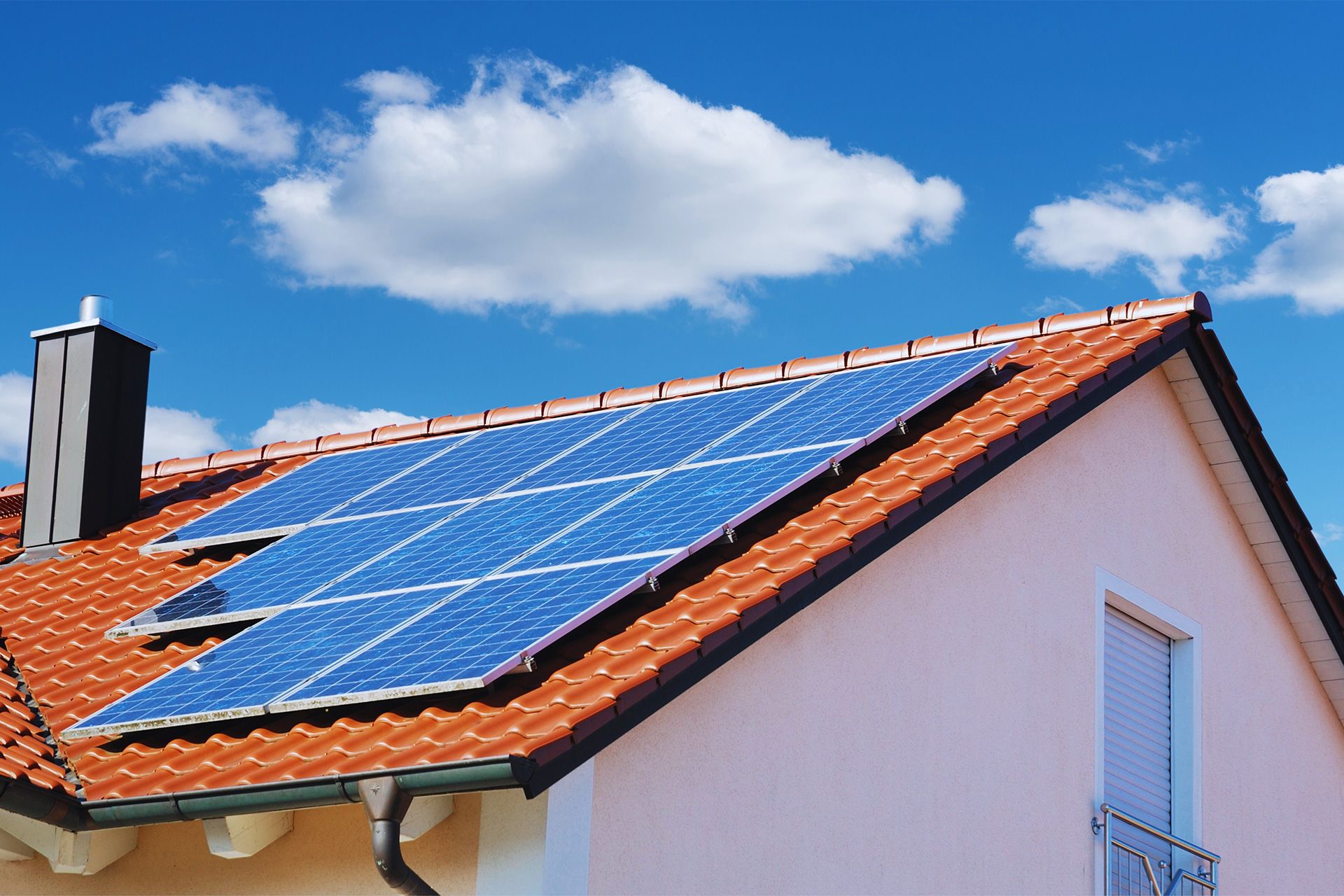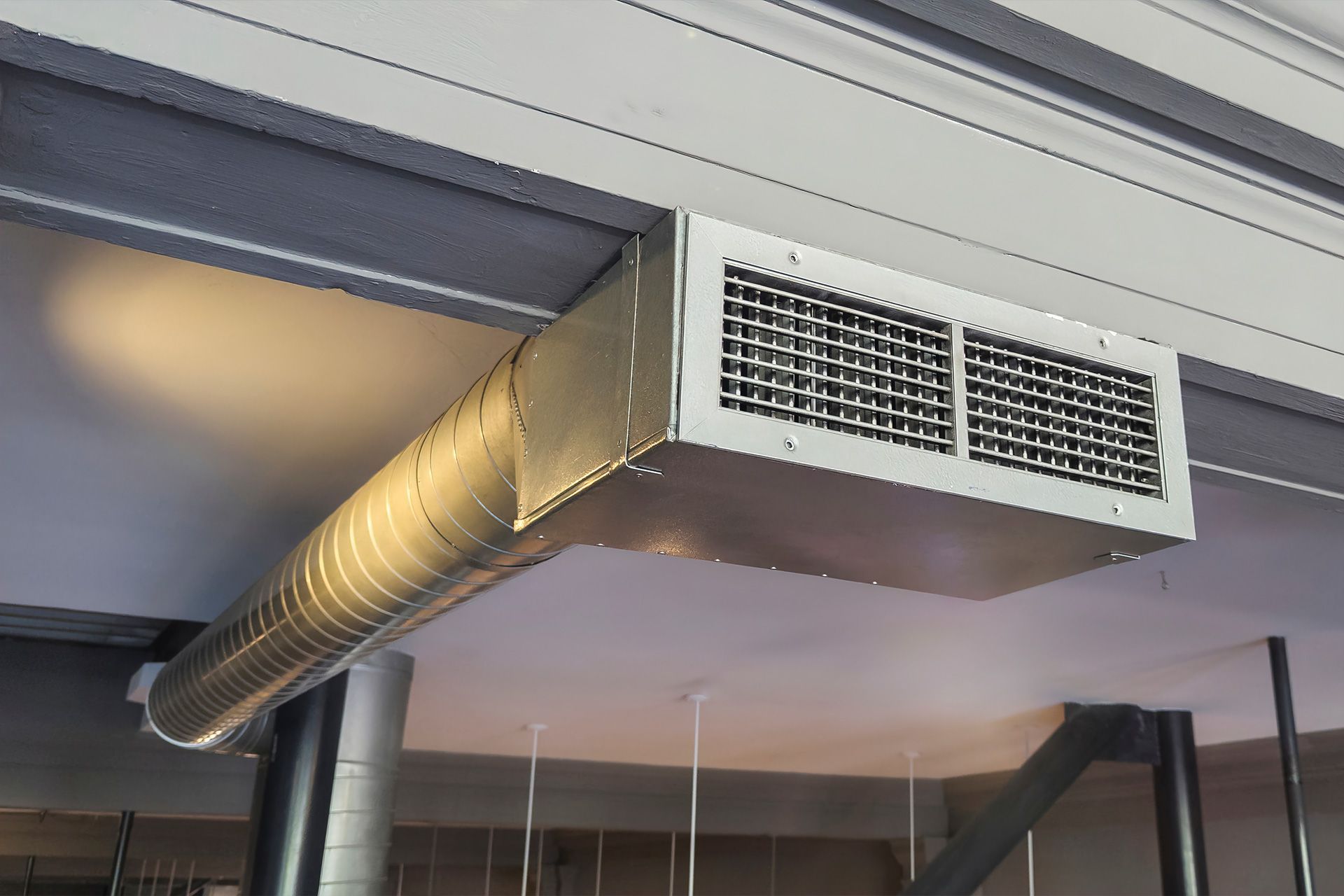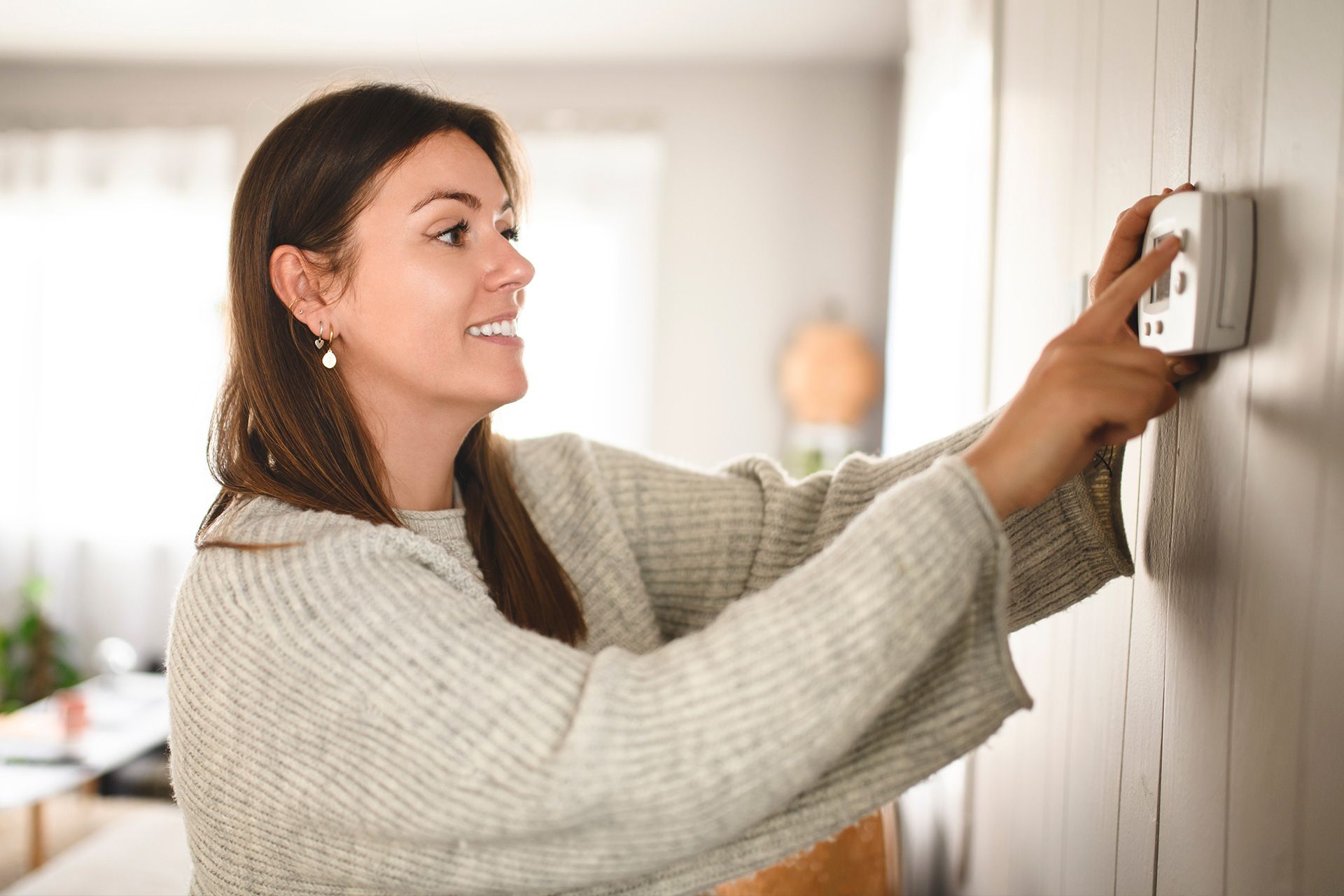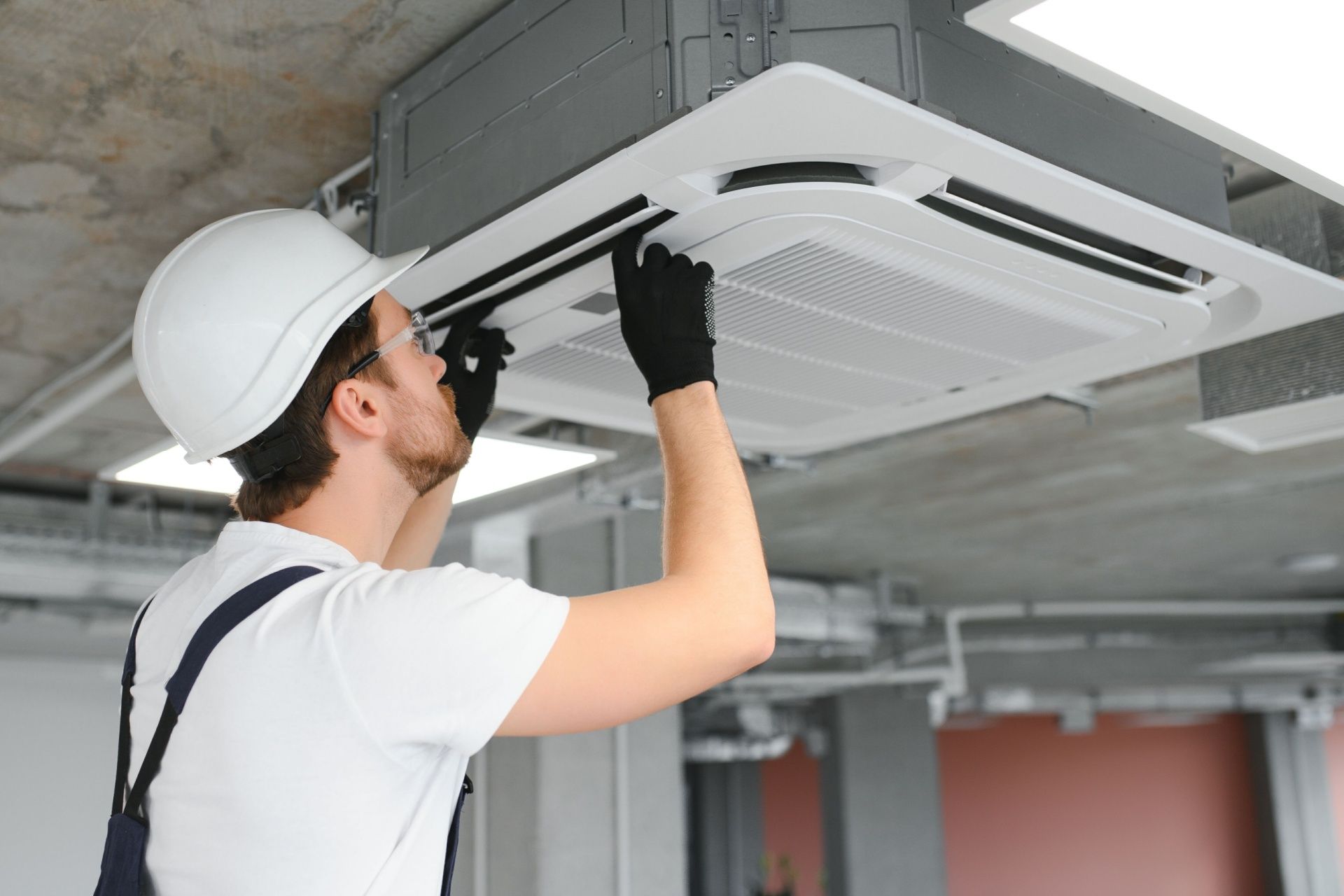How to Improve HVAC Efficiency?
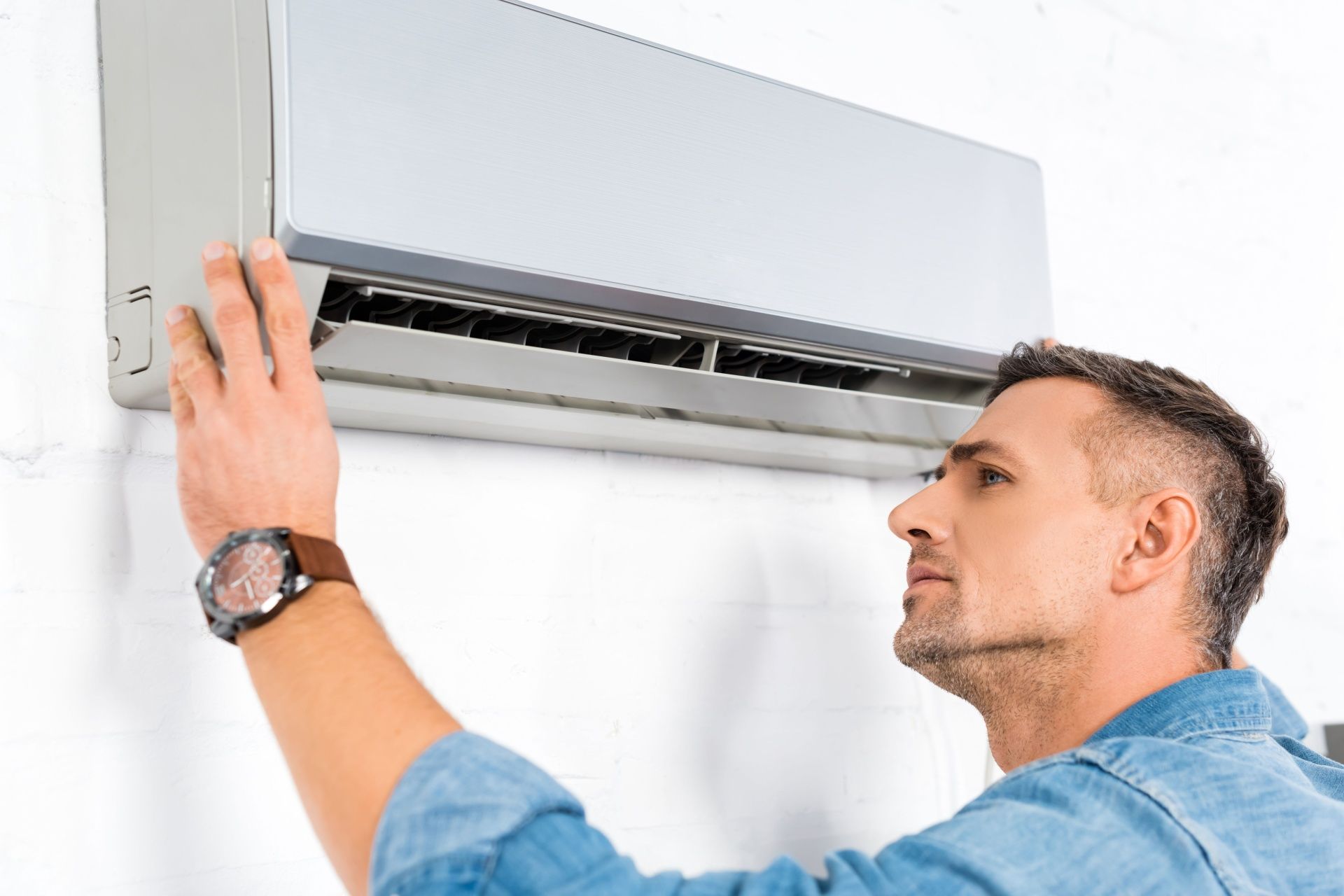
Did you know that heating and cooling account for nearly 50% of a home's energy use in the United States? That means if your HVAC (Heating, Ventilation, and Air Conditioning) system isn’t running efficiently, you could be wasting hundreds of dollars every year. Improving your HVAC efficiency not only saves money, but it also helps the environment and keeps your home comfortable all year round.
In this guide, we’ll explain simple, real-world ways to boost your HVAC efficiency, using expert advice and real data. Whether you live in a hot or cold climate, these tips are for everyone who wants to lower energy bills and make their HVAC systems last longer.
What Is HVAC Efficiency?
HVAC efficiency means how well your heating and cooling system works while using the least amount of energy. A more efficient HVAC system uses less power to do the same job—cooling your home in the summer and heating it in the winter. The goal is to get the most comfort with the least waste.
Why Is HVAC Efficiency Important?
Here’s why improving HVAC efficiency matters:
- Saves Money: Efficient systems use less energy, which lowers your monthly utility bills.
- Reduces Wear and Tear: Your system won’t have to work as hard, which helps it last longer.
- Good for the Environment: Lower energy use means less pollution and a smaller carbon footprint.
- More Comfortable Living: Rooms cool or heat faster and stay at a steady temperature.
1. Seal Air Ducts to Avoid Energy Loss
Air ducts carry hot or cool air throughout your home. But if there are holes or leaks, you could lose up to 30% of your HVAC energy before it ever reaches the rooms! That’s like throwing money out the window.
Solution: Hire a professional to inspect and seal your ducts, or consider aeroseal technology, which seals leaks from the inside. This small step can have a big impact on HVAC efficiency.
2. Change Air Filters Regularly
Dust, dirt, and allergens can clog your HVAC filter, making it harder for air to flow through. This forces your system to work overtime.
Tip: Replace your filter every 1 to 3 months. If you have pets or allergies, check it monthly.
Pro Tip: Mark a reminder on your calendar or phone, so you never forget.
3. Install a Programmable Thermostat
Old thermostats are manual and don’t adjust to your schedule. A programmable or smart thermostat lets you set specific temperatures for different times of the day. This avoids heating or cooling an empty home.
Tip: Set the temperature higher when you’re away in the summer (around 78°F) and lower in the winter (around 68°F).
Smart thermostats can also learn your habits and help you save even more.
4. Schedule Regular HVAC Maintenance
Would you drive a car for years without changing the oil? Of course not! Your HVAC system also needs regular checkups.
Tip: Schedule professional maintenance at least twice a year—once before summer and once before winter. A technician will:
- Check for leaks.
- Clean coils and filters.
- Test controls and settings.
- Spot problems early.
Regular maintenance ensures your system runs at top efficiency.
5. Keep Vents and Registers Clear
Furniture, rugs, or curtains can block air vents, stopping cool or warm air from spreading evenly.
Tip: Make sure nothing blocks your vents or registers. Air should flow freely into each room. Also, vacuum the vents every few months to keep dust from building up.
6. Improve Home Insulation
Even the most efficient HVAC system won’t help much if your home leaks air. Poor insulation allows outside air to enter and inside air to escape.
Fixes include:
- Sealing gaps around windows and doors.
- Adding insulation to your attic or crawl spaces.
- Using weatherstripping around entryways.
This keeps the temperature stable and your system running efficiently.
7. Use Ceiling Fans Smartly
Fans don’t cool the air, but they help move it around, making you feel cooler or warmer.
Summer: Set ceiling fans to spin counterclockwise to push cool air down.
Winter: Reverse the direction (clockwise) to pull warm air up and circulate it.
Using fans helps your HVAC system take a break and still keep you comfortable.
8. Upgrade to an Energy-Efficient HVAC System
If your system is over 10–15 years old, it may be time to upgrade. Modern HVAC units are much more efficient and come with high SEER (Seasonal Energy Efficiency Ratio) ratings.
Look for:
- ENERGY STAR® certified equipment.
- A system sized properly for your home (not too big or small).
- Variable-speed motors for better energy control.
Though it costs more upfront, a new system pays for itself through energy savings and fewer repairs.
9. Use Window Treatments to Control Sunlight
Sunlight streaming through windows can heat your home, especially in the summer.
Tip:
- Close blinds or curtains during the day to block heat.
- Use blackout shades or reflective window film for better control.
In winter, open the curtains during the day to let natural sunlight warm your home, free heat!
10. Reduce Indoor Heat Sources
Appliances like ovens, dryers, and computers give off heat and make your air conditioner work harder.
Ideas:
- Cook outside on hot days.
- Use energy-efficient LED bulbs.
- Turn off devices when not in use.
Every small change adds up and makes your HVAC system more efficient.
Bonus Tip: Use Zones for Better Control
If your home has multiple floors or rooms you don’t use often, ask about
zoning systems. Zoning lets you cool or heat certain areas only when needed, saving tons of energy.
Final Thoughts
Improving your HVAC efficiency doesn’t require expensive upgrades or technical knowledge. With a few smart habits and regular maintenance, you can enjoy:
- Lower energy bills.
- A more comfortable home.
- A longer-lasting HVAC system.
The best time to start is today. Whether it’s replacing a filter or sealing a duct, every action helps you save money and energy.
Want a more efficient HVAC system? Contact the experts at GNV Heating and Air Conditioning today for professional HVAC services that keep your home comfortable and cost-effective.
FAQs: HVAC Efficiency
What is HVAC efficiency, and why does it matter?
HVAC efficiency refers to how effectively your heating, ventilation, and air conditioning system uses energy to maintain comfort. Improving efficiency reduces energy consumption, lowers utility bills, and extends the lifespan of your equipment.
How often should I service my HVAC system?
It's recommended to have your HVAC system professionally serviced at least once a year, ideally before the heating or cooling season begins. Regular maintenance ensures optimal performance, identifies potential issues early, and can extend the lifespan of your system.
What thermostat settings are most energy-efficient?
Setting your thermostat to 78°F (25.5°C) during the cooling season and 68°F (20°C) during the heating season is generally considered optimal for energy savings.
Does upgrading to a high-efficiency HVAC system save money?
Yes, upgrading to a high-efficiency HVAC system can lead to substantial savings over time.
What is the impact of ductwork on HVAC efficiency?
Leaky or poorly insulated ducts can lead to significant energy loss, reducing HVAC efficiency. Sealing and insulating ducts ensures that conditioned air reaches its intended destination without unnecessary energy expenditure.
How can I monitor HVAC performance?
Using smart thermostats and energy monitoring systems allows you to track HVAC performance in real-time.
Disclaimer: The information on this website and blog is for general informational purposes only and is not professional advice. We make no guarantees of accuracy or completeness. We disclaim all liability for errors, omissions, or reliance on this content. Always consult a qualified professional for specific guidance.
